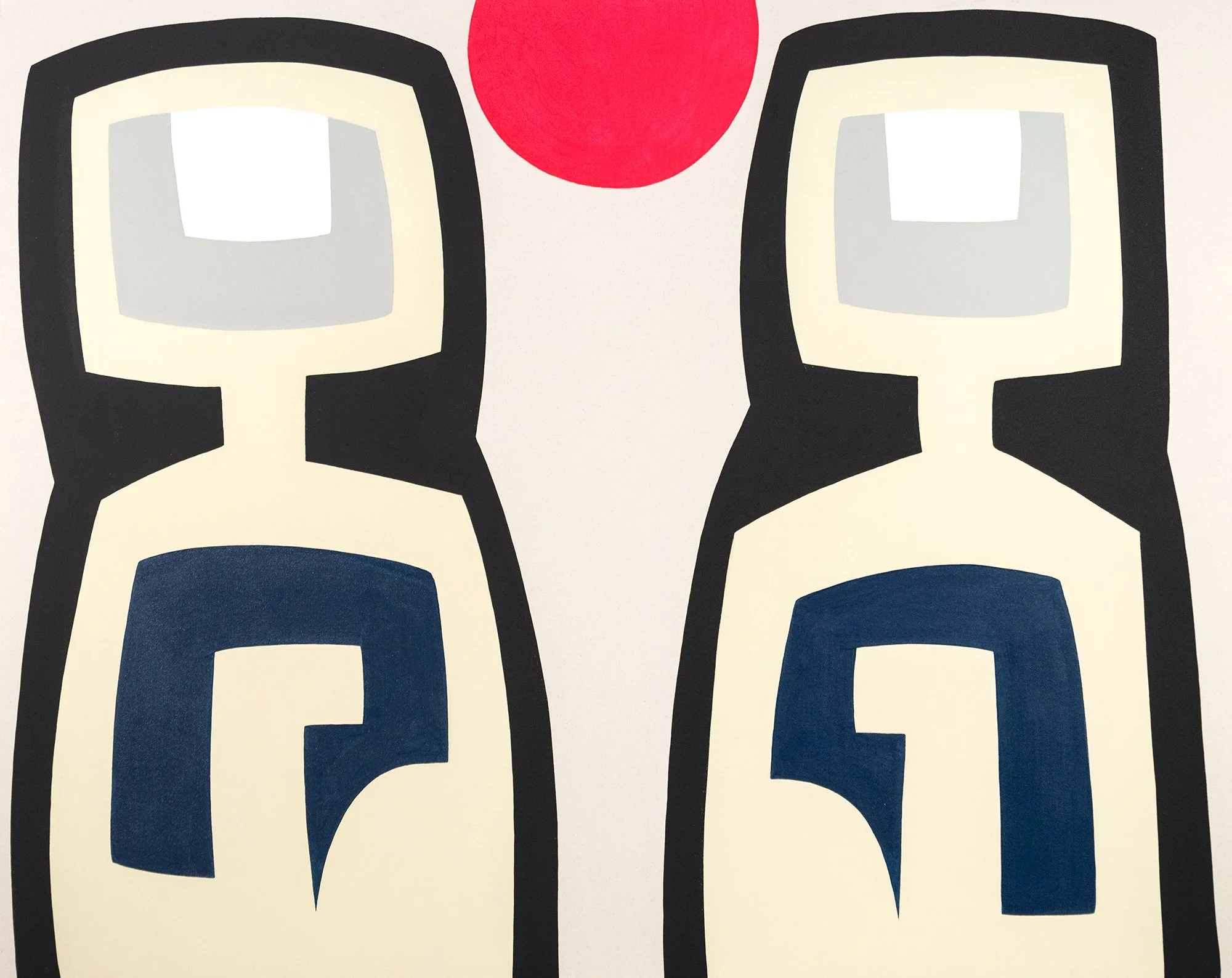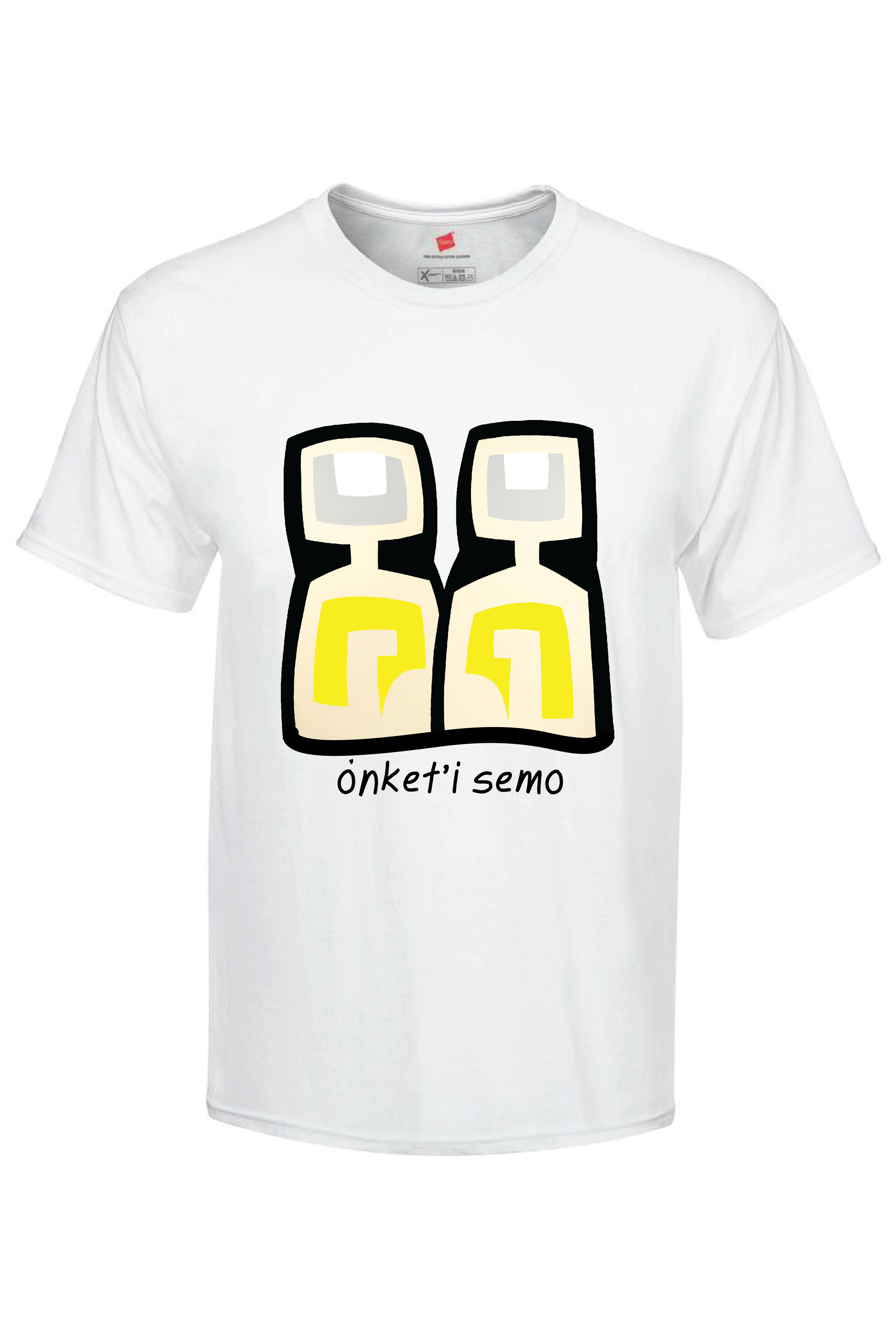Two Moms, 2024
Aron Hill
Photo credit: Oeno Gallery
onket’i semo
Late in 2024, our daughter’s birth mom passed away. She was a beautiful individual who had endured many hardships in her life. We are deeply grateful to have built a strong relationship with her and for her daughter to have experienced her love and care. She will always be with us.
When she could, she stayed with our family, but she often lived on the street. She had a deep compassion for those experiencing homelessness, and many of her friends spoke of her generosity—sharing food, shelter, and time with those in need.
To honor her memory, we want to continue her spirit of kindness through simple acts of visiting and sharing necessities with those living rough. In Dene Tha’, onket’i semo means “two (my) moms.” Her daughter still lovingly refers to her mothers as “two moms.”
If you would like to participate, please contact me directly. We are currently assembling small care packages and delivering them to those in need. While we acknowledge that this gesture may have a greater impact on us than on those receiving, we feel it is important to stay connected to her community.
As another way to contribute, we have created a t-shirt for sale, with 100% of the proceeds going toward purchasing care package items. If you’d like to order one, please send me a message with your size and address, and we can arrange payment.

